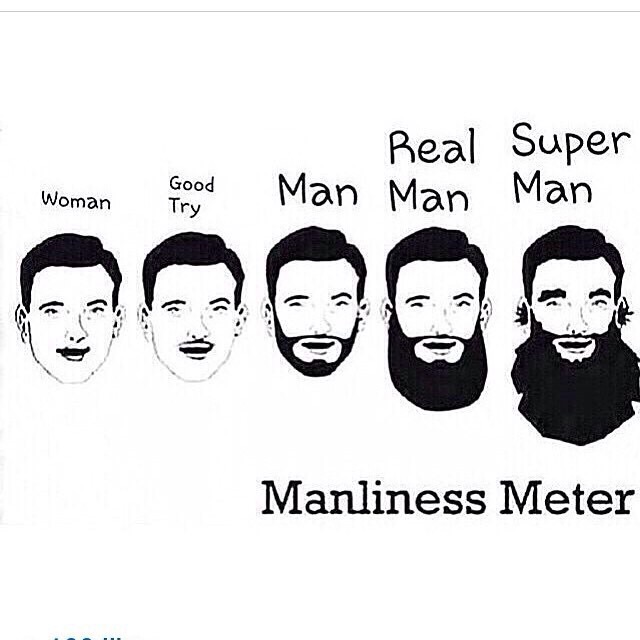By Samira Lourdi
In October 2014, a video of a woman who walked the streets of New York City and encountered ten hours of sexual harassment and catcalling went viral. The only thing more worrisome than the video were the comments that came subsequently. Some said she was “asking for it” and others thought she should feel lucky. This demonstrates anew that some people just don’t get it – but it’s not just that. According to some opinions, girls shouldn’t get upset about getting catcalled: It’s just a compliment, so why get upset? While I think that it’s okay that some girls don’t mind getting catcalled, I have to disagree with their reasoning. It’s not a compliment – at least that’s not the aim of the people who do it.
The belief that women should enjoy catcalling is pretty strange because it entails that catcalling is done with respect. It suggests that when a guy sees a girl walking down the street and shouts something at her about her body, he’s doing so because he thinks it will make her day better. That’s utterly false.
Let us take a specific example: catcalling in France. In recent times, street harassment of women in France has been highlighted as a huge problem. In a study done in France in 2015, 100% of the women surveyed said they had experienced harassment in the streets. Feminists in France are doing their best to tackle and lessen the amount of sexual harassment that happens in public spaces.
Walking home alone (late) at night is still a problem for women. Walking home alone in France (late) at night is still a problem for me. I am French and I live in a suburb of the Paris region. I came back to France after spending a few years abroad, notably in the United Kingdom.
I say good-bye to my friends before starting my walk home and my friends tell me to be wary in the dimly lit street. Shortly afterwards, a stranger approaches me attempting to get my attention. I don’t turn around, I keep walking as the man hurls insults after me. Feeling anxious and fearful, I finally get to my front door with the feeling of relief. Thanks to this man, I now don’t feel as safe in ‘my’ area as I did previously. I manage to stay very calm and collected. Why is it always the victim in these situations who must remain rational and in control? Whenever I step out of my front door, I wear invisible blinkers as a survival strategy. The defensive bubble around me protects me from intrusive behaviour. Without this bubble I wouldn’t be able to face going outside alone. It’s a coping mechanism. It means not making eye contact with people, dressing in a manner that does not stand out from the crowd, etc. This is sad as it restricts women’s freedom. This happens to me. This happens to many women, to many girls – every day.
The following short film by French director Maxime Gaudet is called ‘Au bout de la rue’ (Down the Road). It’s a brief video that helps people understand how women feel when they find themselves walking alone on the street at night.
But why is this happening in France more than in the UK? This is not an issue specific to France. Yet, my French friends who have spent time in the UK and British friends currently living in France are all in agreement that the issue is much worse in my country.
Could it just be that attitudes towards women are different in France than they are in the UK? In the Global Gender Gap Report 2013 rankings, the UK came 18th and France came in 45th, Germany 14th and Spain 17th, so at a sociopolitical/policy level at least, France is way behind its neighbours. I’m not suggesting that street harassment is a thing of the past in the UK but the work of campaigns such as Everyday Sexism by Laura Bates has opened up a dialogue. In the UK, catcalling and other forms of street harassment can no longer be passed off as a little bit of fun or just lads having a laugh.
France is starting to have this conversation too. In May 2012, a Ministry for Women’s Rights was created in France. The French government has a responsibility to ensure that its citizens are safe – all its citizens.

 You’re with some friends and someone makes a sexist comment. What do you consider before you lurch into a conversation about their words? Perhaps think about your bandwidth for dialogue: do you have enough time and energy to exchange ideas? It’s okay if you don’t – we are not obliged to advocate when we don’t feel safe or comfortable doing so. We might also feel ill-equipped with facts. But there are other ways to put across our opinions besides rattling off stats and quoting studies. Even a simple “I feel uncomfortable with what you just said” can be useful in starting to call out casual sexism and other prejudices.
You’re with some friends and someone makes a sexist comment. What do you consider before you lurch into a conversation about their words? Perhaps think about your bandwidth for dialogue: do you have enough time and energy to exchange ideas? It’s okay if you don’t – we are not obliged to advocate when we don’t feel safe or comfortable doing so. We might also feel ill-equipped with facts. But there are other ways to put across our opinions besides rattling off stats and quoting studies. Even a simple “I feel uncomfortable with what you just said” can be useful in starting to call out casual sexism and other prejudices.









